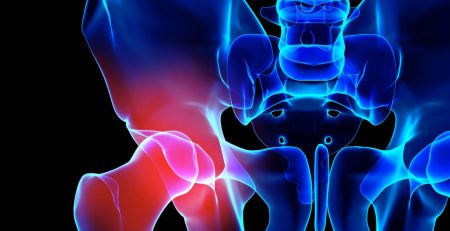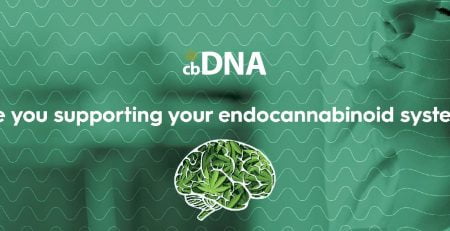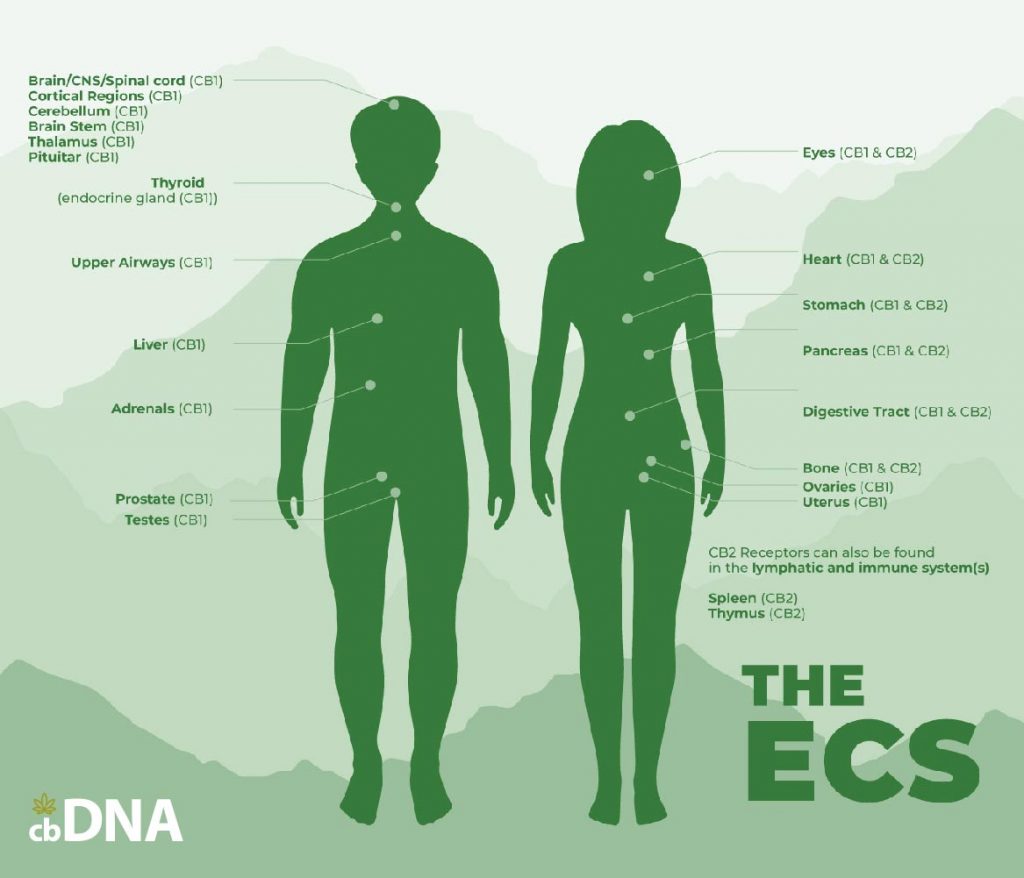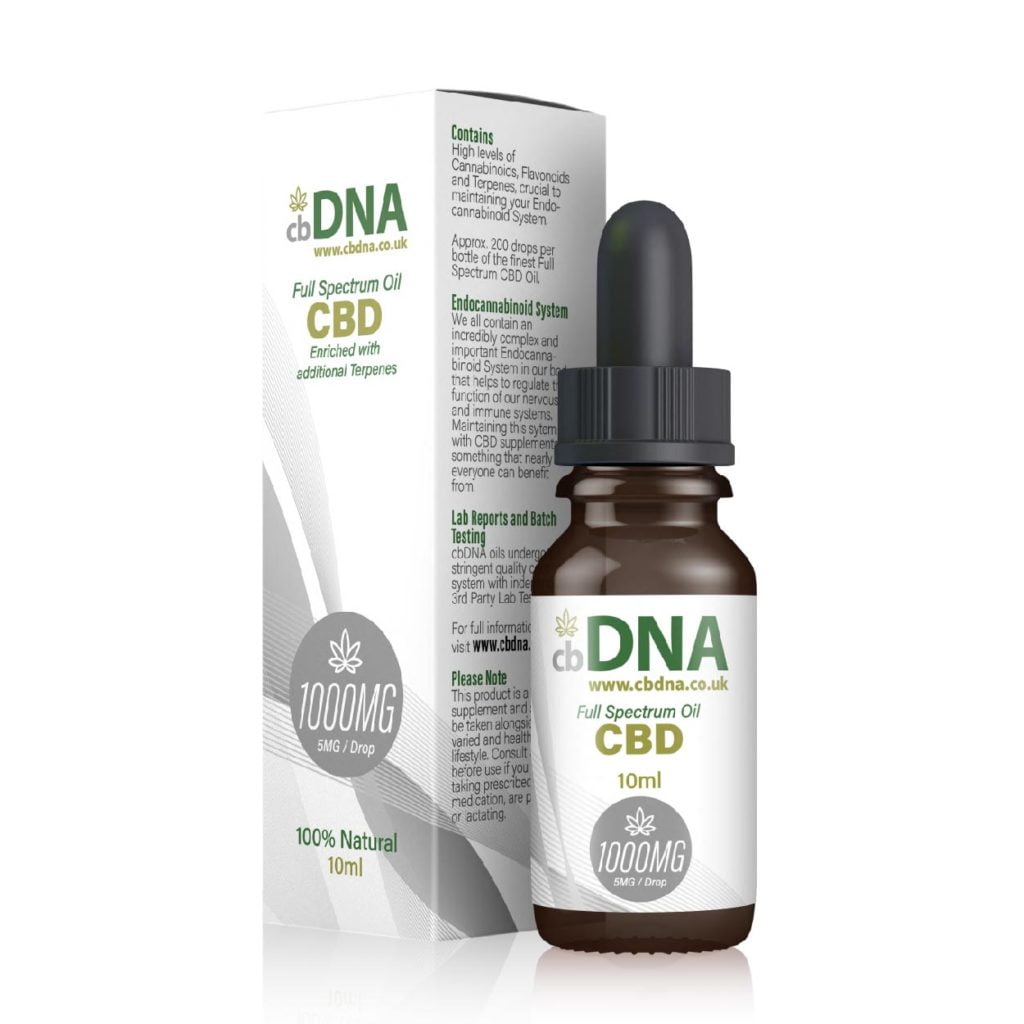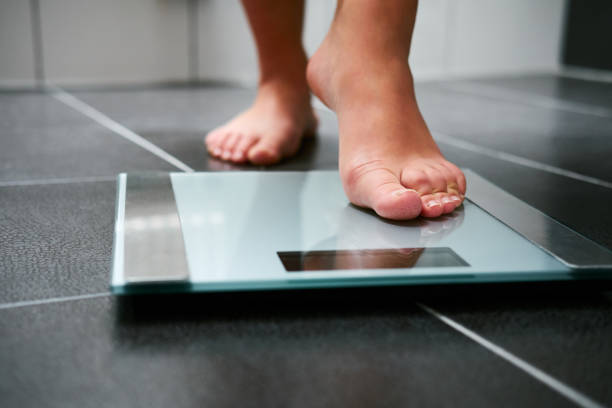
Can CBD Help With Weight Loss?
Although CBD products have been around for a little while now, recently CBD has been studied as a promising remedy for a wide range of conditions and ailments that may not be what you think of straight away. One thing a lot of people have not considered is that it may be helpful in helping with “secondary” things such as weight loss. It could do this by addressing the actual problems preventing you from losing weight. Before we expand on the subject, we’ll recap CBD itself.
Recap
In case you’re not aware of what it is, CBD, short for cannabidiol, is a cannabinoid found in the cannabis plant family. CBD is specifically extracted from the hemp plant. This is because the hemp plant doesn’t contain any THC, which is the chemical in cannabis that is responsible for the “high”. This means you cannot get high from using CBD products. Therefore CBD is fully legal in the majority of the world.
CBD Help With Weight Loss? How CBD Could Help
CBD may aid weight loss due to how it affects the body and brain. The effects of CBD on the body are largely due to how it affects the body’s natural endocannabinoid system. This system responds to different chemicals in the body through two cannabinoid (CB) receptors, called the CB1 and CB2 receptors. CB1 receptors are most dense in the brain and central nervous system. CB2 receptors are mainly in the immune system. In people with obesity, however, CB1 receptors become more widespread, especially in fatty tissue. Because of this, researchers believe that there may be a link between the activation of the CB1 receptors and obesity.
CBD works with other cannabinoids, something called the entourage effect, to potentially activate many receptors, such as endocannabinoids and serotonin. This may play a role in weight loss or other critical metabolic functions.
What the science says
Many proponents say that CBD for weight loss can help a person lose weight by reducing their appetite.
Most people associate cannabis with a stimulated appetite, as people tend to feel hungry after using cannabis. While THC may cause hunger, there is little evidence that CBD does the same.
THC, when it stimulates the CB1 receptor, releases a hormone that increases food intake. On the other hand, as the authors of one study note, CB1 receptor antagonists may help reduce appetite and control obesity. This is because CB1 receptor antagonists block off or “deactivate” the receptor.
The authors also note that stimulating the CB2 receptors decreases inflammation and reduces food intake, thereby possibly helping reduce obesity.
Many proponents say that CBD can help a person lose weight by reducing their appetite.
Most people associate cannabis with a stimulated appetite, as people tend to feel hungry after using cannabis. While THC may cause hunger, there is little evidence that CBD does the same.
THC, when it stimulates the CB1 receptor, releases a hormone that increases food intake. On the other hand, as the authors of one 2018 studyTrusted Source note, CB1 receptor antagonists may help reduce appetite and control obesity. This is because CB1 receptor antagonists block off or “deactivate” the receptor.
The authors also note that stimulating the CB2 receptors decreases inflammation and reduces food intake, thereby possibly helping reduce obesity.
Conclusion
While initial results from studies on CBD and weight loss raise some interesting potential connections, there are a few important things to consider.
CBD, or any other compound, supplement, or drug, is not a treatment for obesity. These supplements and compounds are not healthful replacements for a healthful diet and regular exercise.
CBD is definitely a promising remedy for many things, and it seems that weight loss can now be added to that list. As always, you should consult your doctor or a qualified medical practitioner before using CBD to avoid any complications.





